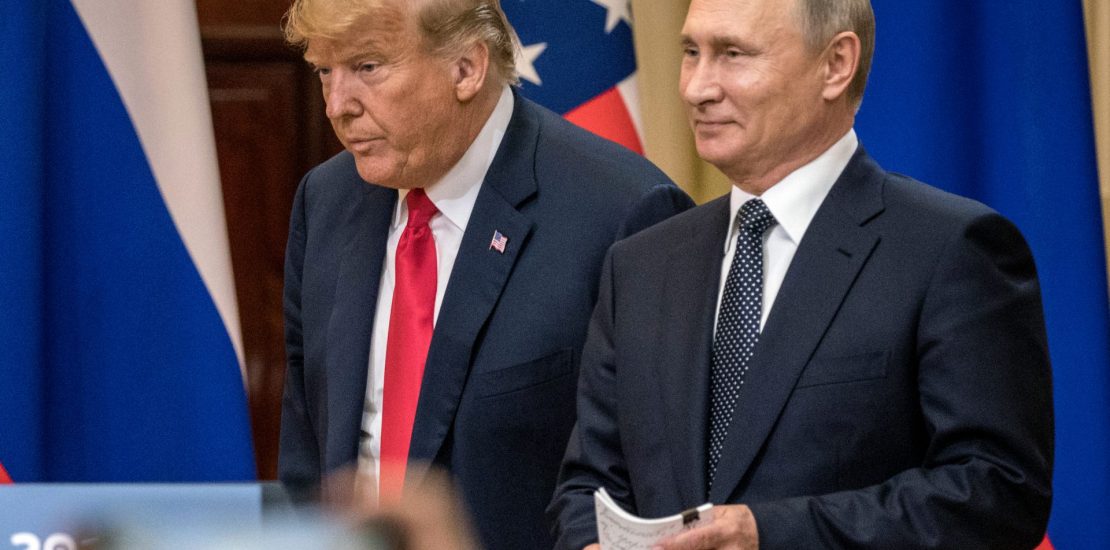- November 10, 2024
- Posted by: Regent Harbor Team
- Category: Global Economy

Contents
A Shift in the BRICS Narrative
The BRICS bloc, comprising Brazil, Russia, India, China, and South Africa, has been making notable statements regarding its direction in recent months. Amidst these discussions, the alliance has formally dismissed plans for a single currency. This decision marks a significant shift, especially after their recent backtracking on the US dollar. Once a focal point of the group’s economic discussions, the concept of a new trade currency has been placed on the back burner.
A Seismic Change: The Trump Effect
The sudden change in BRICS strategy closely follows the changing political winds from the United States. With Donald Trump’s recent 2024 election victory, the alliance’s stance on the US dollar seems to have softened. It appears the vision of de-dollarization may be shelved for now. Russian President Vladimir Putin recently affirmed that the bloc will not move away from the greenback in their trade dealings.
Dismissing the Single Currency Idea
The notion of introducing a BRICS-wide single currency has often been heralded as ambitious, if not improbable. Russian spokesperson Dmitry Peskov candidly remarked that such a currency was "not possible" at this juncture. This stands as a definitive pivot away from prior sentiments where challenging the US dollar dominated the agenda.
The Role of Russia and Future Implications
Russia has been a prominent figure in the de-dollarization talks. As a result, any shift in its stance could have significant ripple effects. Nations within the alliance might react differently to this changing narrative. For instance, Brazilian experts have opined that Trump’s return won’t hinder Brazil’s efforts in reducing dependency on the US dollar. However, the BRICS bloc’s internal dynamics may change, influencing future collaborations.
Reflecting on the Path Ahead
The aspiration for a singular BRICS currency always lingered on the edge of improbability. Yet, it symbolized the group’s ambition to redefine global financial hierarchies. As the bloc recalibrates its focus with these new developments, the international community watches keenly. The questions remain: will BRICS forge a new economic identity or continue aligning under the shadow of the US dollar?
Considerations for the Global Economy
It’s important to recognize that these discussions have repercussions beyond BRICS’ borders. The global economy, interlinked as it is, relies heavily on dominant currencies like the dollar. With BRICS opting against an alternate currency, economic predictions regarding global currency adjustments may require reevaluation. Observers and economists will be eager to track upcoming announcements and realignments from this influential bloc.
